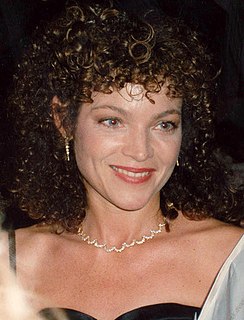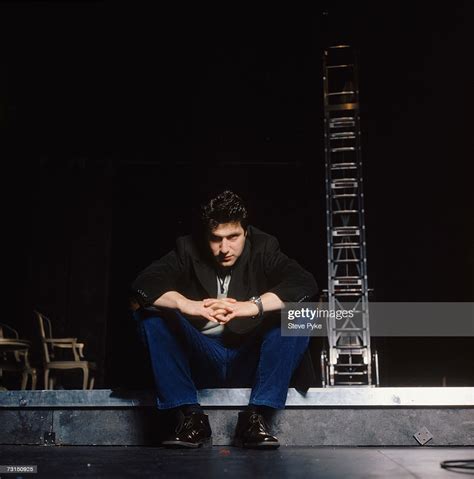A Quote by Steve Buscemi
I think distribution has become a lot harder. With the whole explosion of digital video, there's just a lot more people making films. Distributors have a lot more choice. I do think there's an audience out there for small films. It's obvious to me what the studios do: they've co-opted independent film. They all have their independent arm. They can afford to crush the competition.
Related Quotes
I don't think all films should necessarily look like they do on digital video. I think it cheats the audience, at some point. If you try to make an epic and you shoot it digitally, that doesn't make much sense. I think there's a certain kind of film that could be a "digital film." But it shouldn't be interchangeable with other films. It should be something more than just a capture medium. It should be a different form altogether, something new.
In an old model, the way a film would imprint itself on the public's consciousness is to get a theatrical run. But now there are more documentaries and more films in general being released than ever before. There are weeks when the New York Times is reviewing 15 films, so it's harder to leave an impression on the public. A lot of these films are seeing their financial future on digital platforms. Because viewers aren't hearing as much about films in theatrical release, I think the festival circuit is going to have increasing importance for the life of a film.
Twenty to thirty years ago, who was making documentary films? Nobody. Well, relatively few people. It was an art form that had limited theatrical distribution, if any at all. Some television distribution, but relatively small audiences regardless. And in the intervening years it's become more and more popular with a lot of people.
You know, independent films have been institutionalized, practically. Every studio has got a boutique arthouse label. There's like, 18 different independent film-financing funds. In fact, I think the children of those films are getting made. A more interesting question is whether those films are going to get seen and appreciated.
When filmmakers are kept from making films, there's a lot of different reasons why. Sometimes you work on a film and cast it and do all the work and can be just a month away from shooting, and all of a sudden, the whole thing goes up in smoke. But I do think the advent of a digital revolution is going to provide people with opportunities to make films that they never would have had before. I think you can do some pretty credible stuff now with very, very little money. Which I think is great for young filmmakers.
There is a sort of creative purity in an independent film, in the passion of the director, the passion of the crew. They're not getting a whole lot of money, so you know they are not there because they want to get rich. Instead, they are there because they want to make a movie. In the bigger films, I remember when I used to do those, it's just a job for a lot of people, so there is less of an intense energy devoted to the whole project.
I think subjectivity plays into everything. It's unavoidable; you couldn't avoid it if you tried. I think, potentially, a lot more commercial movies, it seems to be that the people making the films are trying to elicit the same reaction. I think a lot of the most interesting work in art and in films are often kind of polarized opinions and affect people in very different ways, which may be less successful commercially, but they elicit a dialogue that's quite interesting.




































